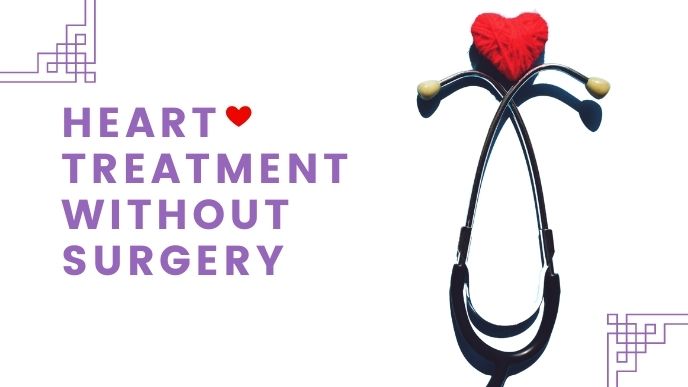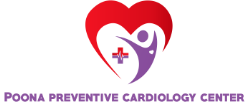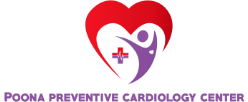
Heart and vascular care specialists at Poona Preventive Cardiology Center provide a variety of proven non-surgical treatments for heart disease. An important part of our success is tailoring strategies that meet the specific needs of patients. Therefore, it is important to have someone there to help you achieve your goals.
Listed below are some treatments for heart blockage without surgery:
EECP:
An increasing number of patients have persistent anginal symptoms and have exhausted the standard treatments. Enhanced External Counterpulsation (EECP) can stimulate openings or forms of collaterals (small branches of blood vessels) to create a natural bypass around blocked arteries.
What happens during EECP treatment?
EECP is a non-invasive therapy. During treatment:
- Patients lie down on a padded table in a treatment room.
- The electrodes attach to the skin of the chest and are connected to an electrocardiograph (ECG) machine. The ECG tracks heart rhythm during treatment, and blood pressure is monitored.
- People are put into restraints such as cuffs on the calves, thighs, and buttocks. They attach to hoses that connect through valves with the air. Patients experience a feeling of a strong “hug” moving up the spine when it inflates and then rapidly deflates again. This is synchronized with heartbeat and blood pressure using an electrocardiogram (ECG) and blood pressure monitors.
- “EECP” is a type of non-invasive treatment for heart failure and resistant angina. It’s administered to patients over six days with sessions that last for one hour, for a total of about 35 hours. EECP improves energy levels, decreases rates of chest pain, decreases the need for medication, and improves the quality of life for patients.
How does EECP work?
- The treatment gently but firmly compresses the blood vessels in the lower body, increasing blood flow to your heart by causing a decrease in resistance. Pressure waves are timed electronically while blood is pumped throughout the body and released at that moment.
- Experts hypothesize that the electro cardioversion technique may cause blood vessels to open small channels that become different branches. These channels or collaterals may eventually become “natural bypass” vessels to allow the heart muscle to flow.
Chelation therapy
Chelation therapy is generally a process used to treat metal poisoning. However, recently It is being used in managing cardiovascular diseases. Chelation therapy involves six weekly dosages of ethylenediaminetetraacetic acid (EDTA) with some supplements of nutrients like magnesium sulfate, vitamin B, And B complex.
It is a very complicated process, and all potential risks and side effects should be communicated and discussed well with the doctor. EDTA Chelation therapy can remove the plaque formation in blood vessels. It is also believed to decrease platelet aggregation, hence reducing complications from cardiovascular diseases.
ESMR
ESMR is one of the most successfully done methods where doctors can replenish the blood supply to the heart muscle without invasive surgeries. Sometimes it is also called Non-Invasive Cardiac Angiogenesis Therapy because doctors can create new arteries for the heart.
ESMR is often suggested because none of the other traditional treatment options have aided enough or have been successful independently. Despite this, ESMR offers a ray of hope welcomed by therapists and patients alike.
How Does ESMR Treatment Work?
Before beginning a surgical procedure, the physician locates the exact location of artery blockage using ultrasound imaging. While the name suggests shockwaves go through an anatomical acoustic window and stimulate increased blood flow to the affected area. The additional blood flow helps alleviate tissue damage otherwise seen during such successful procedures.
Heart blockage is a serious issue that can eventually lead to a heart attack. Hence it is important to take symptoms like chest pain seriously. This article provides a full view of various heart treatment without surgery. If you are feeling any chest pain, breathing difficulty, and frequent palpitations, you should book an appointment with your nearest cardiologist right away. If you reside in Pune and nearby, you can book an appointment with Poona Preventive Cardiology Center from our website.


